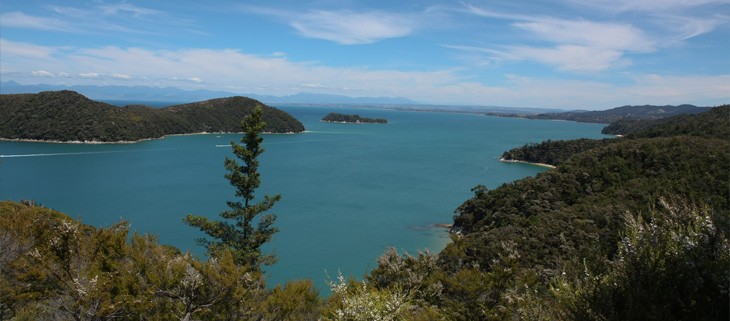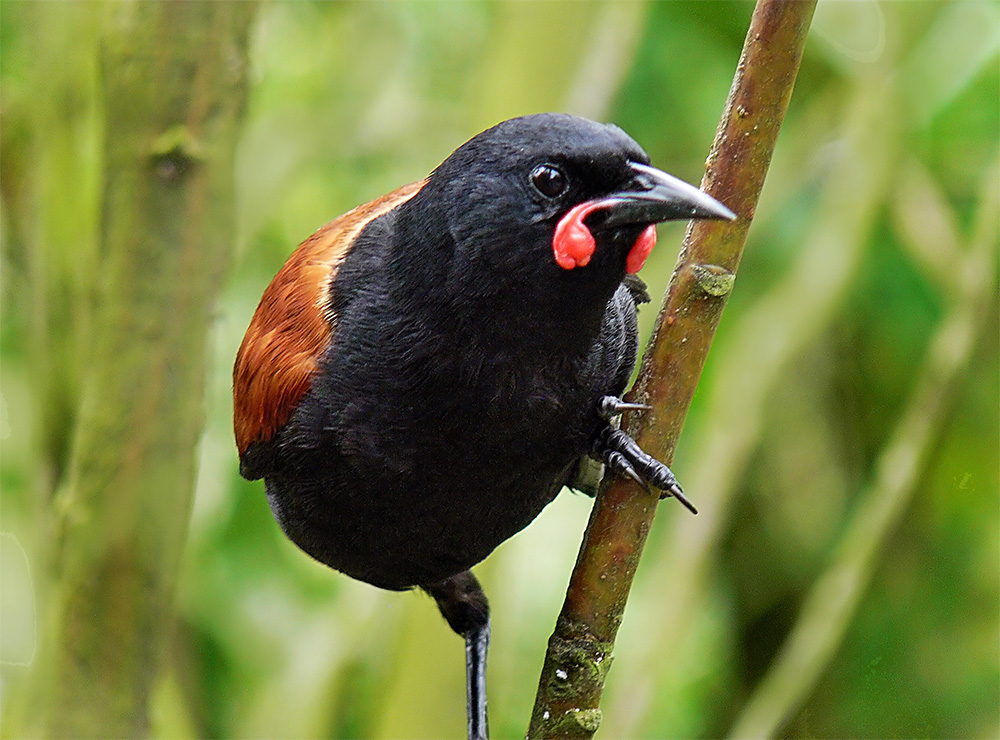December 4, 2024
The Ebiil Society: Champions of Palau
Ann Singeo, founder of our partner organization the Ebiil Society, shares her vision for a thriving Palau and a flourishing world of indigenous science!
We use cookies to help you navigate efficiently and perform certain functions. You will find detailed information about all cookies under each consent category below.
The cookies that are categorized as "Necessary" are stored on your browser as they are essential for enabling the basic functionalities of the site. ...
Necessary cookies are required to enable the basic features of this site, such as providing secure log-in or adjusting your consent preferences. These cookies do not store any personally identifiable data.
Functional cookies help perform certain functionalities like sharing the content of the website on social media platforms, collecting feedback, and other third-party features.
Analytical cookies are used to understand how visitors interact with the website. These cookies help provide information on metrics such as the number of visitors, bounce rate, traffic source, etc.
Performance cookies are used to understand and analyze the key performance indexes of the website which helps in delivering a better user experience for the visitors.
Advertisement cookies are used to provide visitors with customized advertisements based on the pages you visited previously and to analyze the effectiveness of the ad campaigns.
Looking to make an impact this Earth Month? Here’s how.

In a huge conservation win, three of the Abel Tasman Islands have been officially declared free of invasive predators. Invasive rats have previously posed a threat to a number of native bird species found on the islands including South Island Robins and Saddlebacks.
The islands Adele, Fisherman, and Tonga reside within the Abel Tasman National Park in New Zealand. Abel Tasman National Park is beloved for its world-famous coastline and golden, sparkling beaches. Sadly, the native flora and fauna were ravaged by the presence of invasive rodents. Now, after a successful project in 2017, that has become a thing of the past.

The Department of Conservation (DOC) in New Zealand is implementing strict biosecurity measures to protect the islands. DOC Operations Manager Chris Golding says:
People planning to go to the islands should check before going out on the water that boats, kayaks, all bags, containers, food and gear are clear of mice, rats, ants, spiders or other animals. All clothing, footwear and gear should be free of soil and plant material, including seeds and foliage.”
With the success of the project, the islands are a sanctuary for these native species once again. Biosecurity measures are in place to help protect that native flora and fauna moving forward. Though Adele and Fisherman are now open to the public, public access to Tonga Island is still allowed only by permit in order to protect the New Zealand fur seal breeding colony which makes its home there and is highly vulnerable to disturbances.
This success brings New Zealand one step closer to their goal of being Predator Free by 2050.
Source: New Zealand Department of Conservation
Featured Photo: Abel Tasman National Park. Credit: Nils van der Burg
Check out other journal entries we think you might be interested in.
Notifications